Every artist’s dream includes making a living entirely off their music career, but in most cases, you need a day job to take care of your living expenses until you make it big. Juggling between a job and making music can be tough, almost giving you a Peter Parker/Spider-Man vibe. At times, it may seem that you aren’t able to give enough time to your passion, but don’t let that bog you down because there are ways to help you maintain a good balance between your conventional job and your music career. Let’s dive into some effective strategies on how to be a musician along with a day job.
Time Management Should Be Your Utmost Priority
This cannot be emphasized enough as time is your worst enemy in this struggle. These ways can help you increase your productivity:
- Create a Music-Related Schedule and Stick to It:
Dedicate fixed hours after work to make music, go for gigs, write lyrics, or go for recordings. Try not to miss these deadlines and do not procrastinate. Consistency is key to progress, and having a set schedule will ensure that you are regularly working on your music. For example, you could allocate two hours every evening exclusively for music-related activities. - Utilize Travel Time:
If your work requires commuting, make the most of this time. If you take public transport, you can use this time to book gigs, finish some lyrics, or manage your social media. If you drive yourself, you can learn something new by listening to podcasts or audiobooks. This way, you are continually feeding your mind with knowledge and ideas that can enhance your music career. - Find Time During Downtime:
If your day job involves taking care of kids or elders, find time to work before they wake up and after they go to sleep. Early mornings and late evenings can be incredibly productive when the house is quiet. These uninterrupted hours can be a great time to focus on songwriting, practicing your instrument, or working on your recordings. - Network at Work:
Make connections at work, talk about your music, and invite your colleagues to your gigs. This way, you are marketing your music even while doing your job. Building a supportive network can also lead to unexpected opportunities, such as collaborations or performance invitations. - Work in Short Bursts:
Working in short bursts works for some people. If you get small breaks between your work, try to squeeze in some music production in that time as you are already in the work mode. Even 10-15 minutes can be productive if you focus on specific tasks like editing a track, brainstorming lyrics, or practicing a difficult part of a song.
You Don’t Have to Do Everything Yourself
- Hire Help:
Shell out a little money to keep a virtual assistant or hire a local student who can do the work that doesn’t necessarily have to be done by you. They can handle your social media posts, take care of your bookings, manage your email list, and handle your payments. This will give you more time to focus on live performances and creating more music. Investing in help can significantly reduce your workload and stress. - Invest in a Babysitter:
If you have to take care of your kids, investing in a babysitter will give you a few hours devoted fully to music. This uninterrupted time can be crucial for working on new songs, practicing for gigs, or recording. Knowing that your children are in good hands will also help you concentrate better on your music.
Choose Your Day Job Wisely
- Flexible Jobs:
If you have the liberty, go for a day job that is flexible and lets you be around music. Jobs like being a music teacher/coach, freelance writer, music arranger, or a private tutor offer you a decent stable income and have a flexible schedule and timing. These jobs can also provide opportunities to hone your skills and expand your network within the music industry. - Work-from-Home Options:
Consider jobs that allow you to work from home. Remote jobs can save you commuting time and offer more flexibility in managing your music career. Many companies now offer remote positions in various fields such as customer service, IT support, content writing, and more.
Prioritize Your Well-being
- Stay Healthy:
Balancing a day job and a music career can be exhausting. Ensure you get enough sleep, eat healthily, and exercise regularly. A healthy body and mind will enable you to be more productive and creative. Remember, burnout can hinder your progress, so take care of yourself to maintain your energy and passion for music. - Mental Health:
Managing stress is crucial. Practice mindfulness, meditation, or any activity that helps you relax and unwind. Mental health is as important as physical health, and staying mentally fit will help you handle the pressures of juggling two demanding roles.
Continuous Learning and Improvement
- Stay Updated:
The music industry is constantly evolving. Stay updated with the latest trends, tools, and techniques. Attend workshops, webinars, and music conferences whenever possible. Continuous learning will help you improve your skills and stay competitive. - Feedback and Improvement:
Seek feedback from peers and mentors. Constructive criticism can help you grow as a musician. Use this feedback to refine your skills and produce better music. Always strive for improvement and never stop learning.
Monetize Your Music
- Digital Platforms:
Use digital platforms like Spotify, YouTube, and Bandcamp to distribute your music. These platforms can help you reach a broader audience and generate income. Make sure your music is available on multiple platforms to maximize your reach.
Related Article: How to Distribute Your Music Digitally - Merchandise:
Create and sell merchandise like T-shirts, posters, and albums. Merchandise can be a great source of income and also helps in promoting your brand. Engage with your fans and provide them with unique merchandise that reflects your music style.
Networking and Collaboration
- Collaborate with Other Artists:
Collaborating with other musicians can open up new opportunities and enhance your creativity. It can also help you reach new audiences and gain more exposure. Networking with fellow artists can lead to exciting projects and mutual support.
Related Article: How to Build a Strong Online Presence as a Musician - Attend Music Events:
Attend music events, open mics, and gigs regularly. These events are great for networking, gaining inspiration, and showcasing your talent. They also provide opportunities to connect with industry professionals and potential collaborators.
Leveraging Social Media
- Build a Strong Online Presence:
Social media is a powerful tool for musicians. Use platforms like Instagram, Facebook, and Twitter to connect with your audience, share your music, and promote your gigs. Regularly update your profiles with engaging content to keep your fans interested. - Engage with Your Audience:
Respond to comments, messages, and engage with your followers. Building a strong relationship with your audience can lead to a loyal fan base. Use social media to create a community around your music and keep your fans engaged.
Final Thoughts
Balancing a day job and a music career is no piece of cake, but with a little planning and dedication, you can carve out a lot more time for music. Focus on time management, seek help when needed, choose your day job wisely, and prioritize your well-being. Continuous learning, monetizing your music, networking, and leveraging social media are also key strategies to succeed as a musician with a day job.
By following these strategies, you can pursue your passion for music while maintaining the security of a day job. Remember, many successful musicians started their careers while juggling day jobs. Stay committed, stay passionate, and keep creating amazing music.







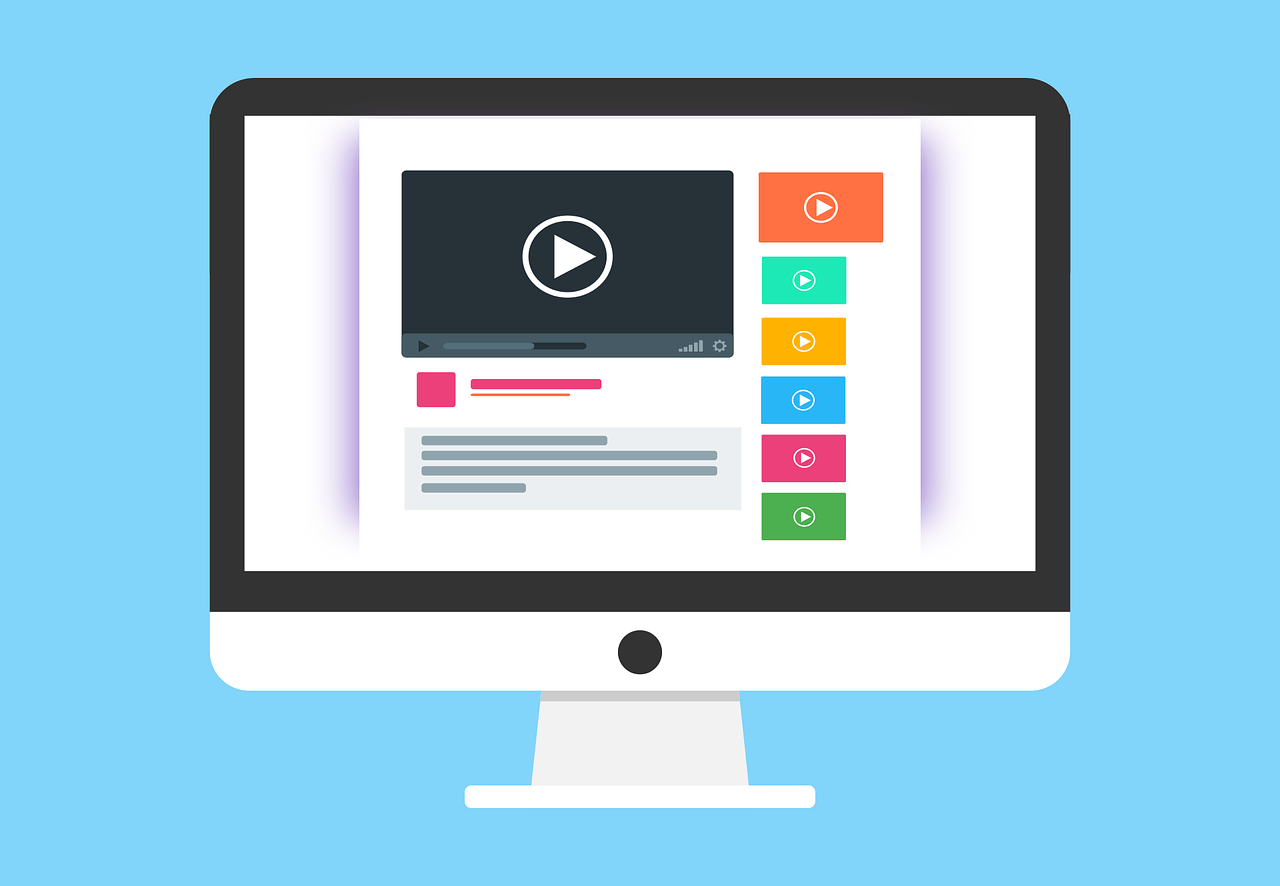


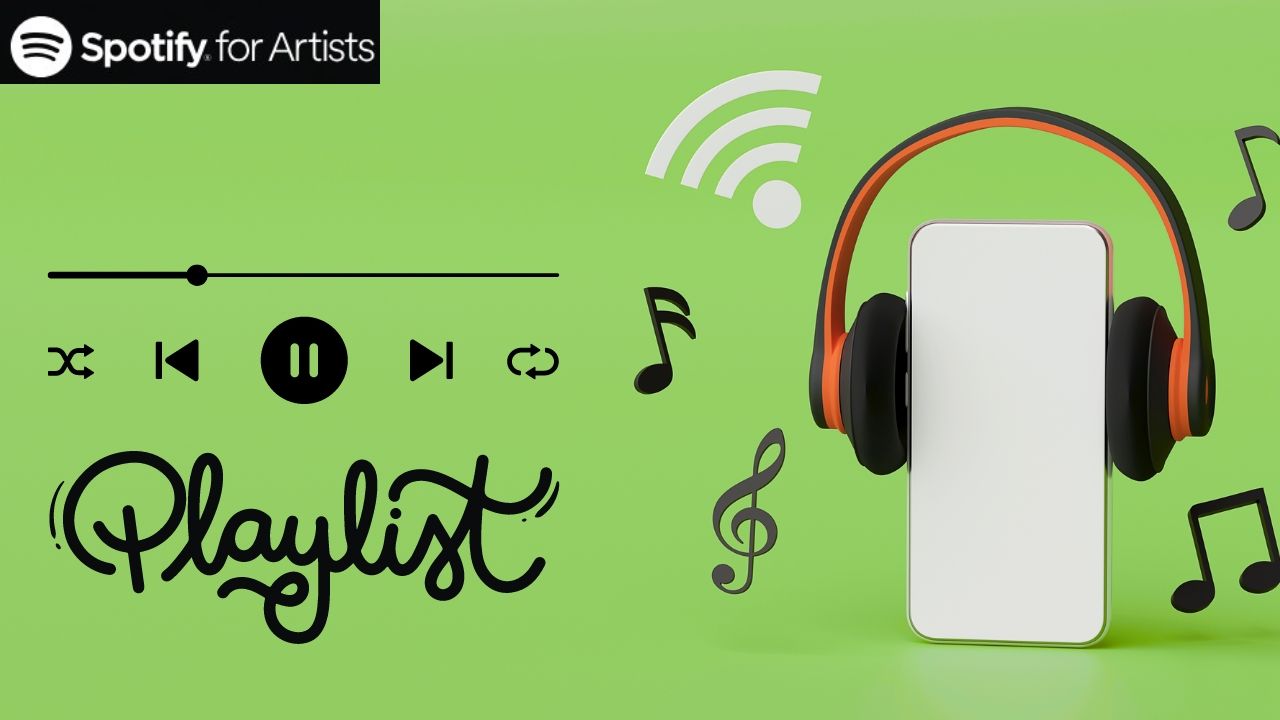
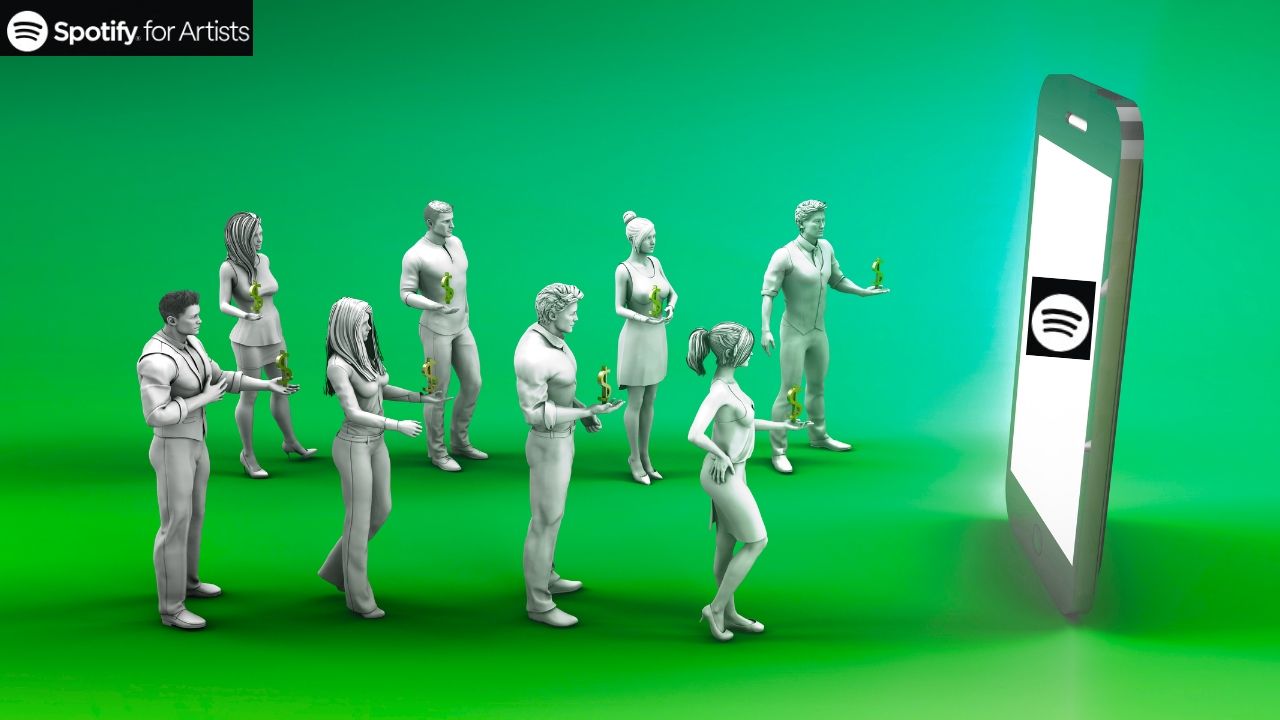
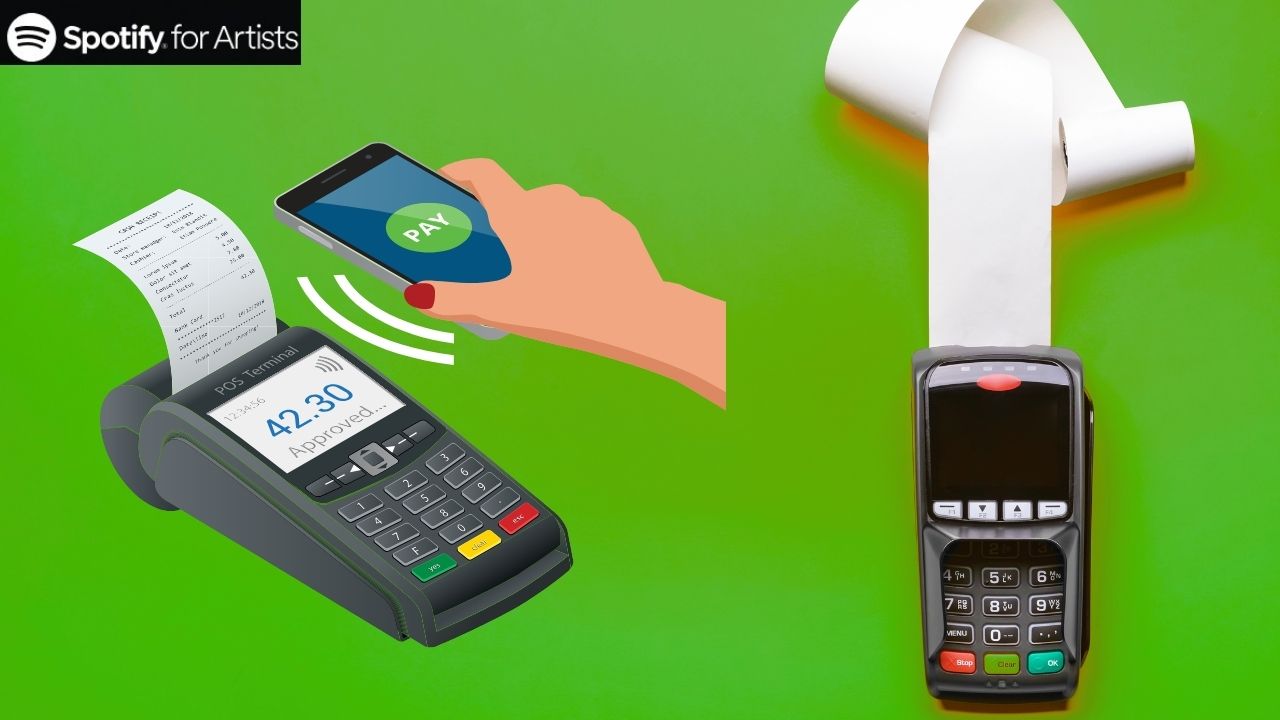

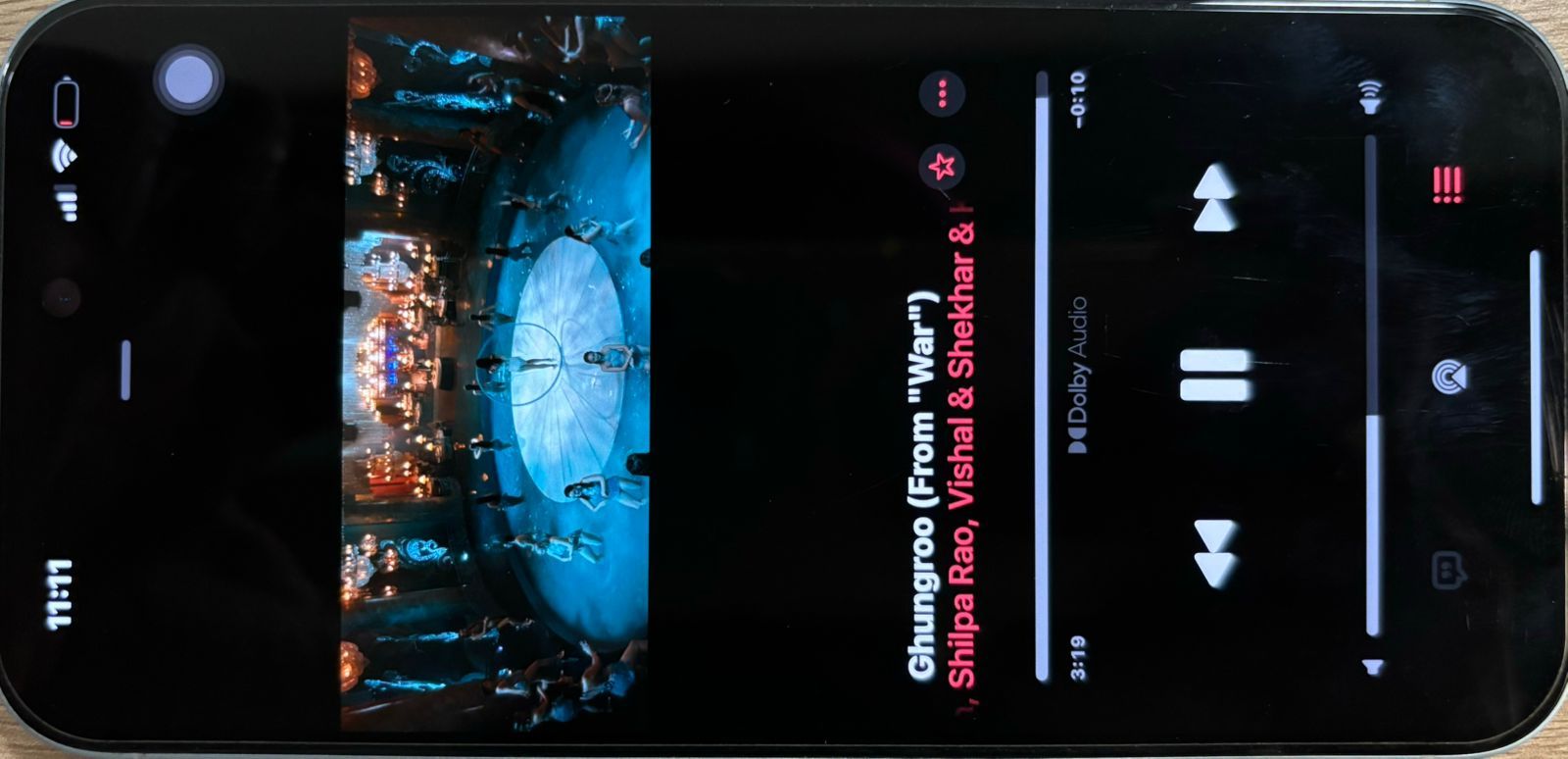
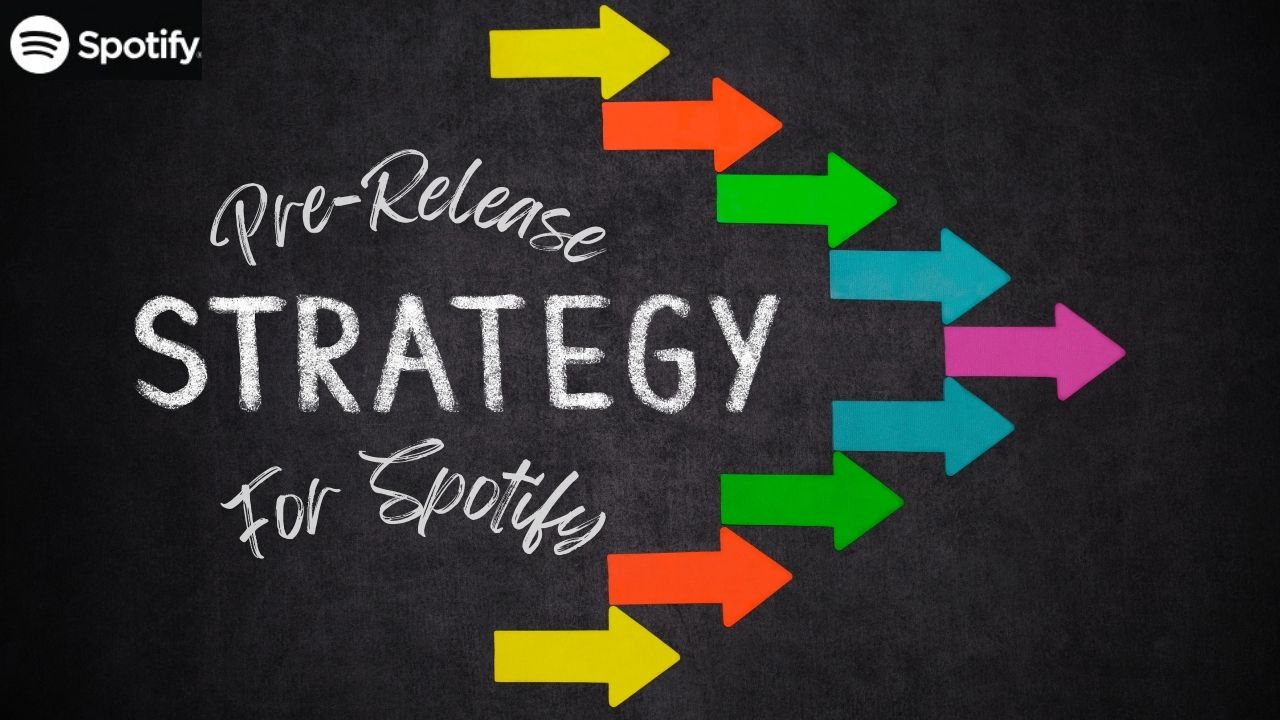





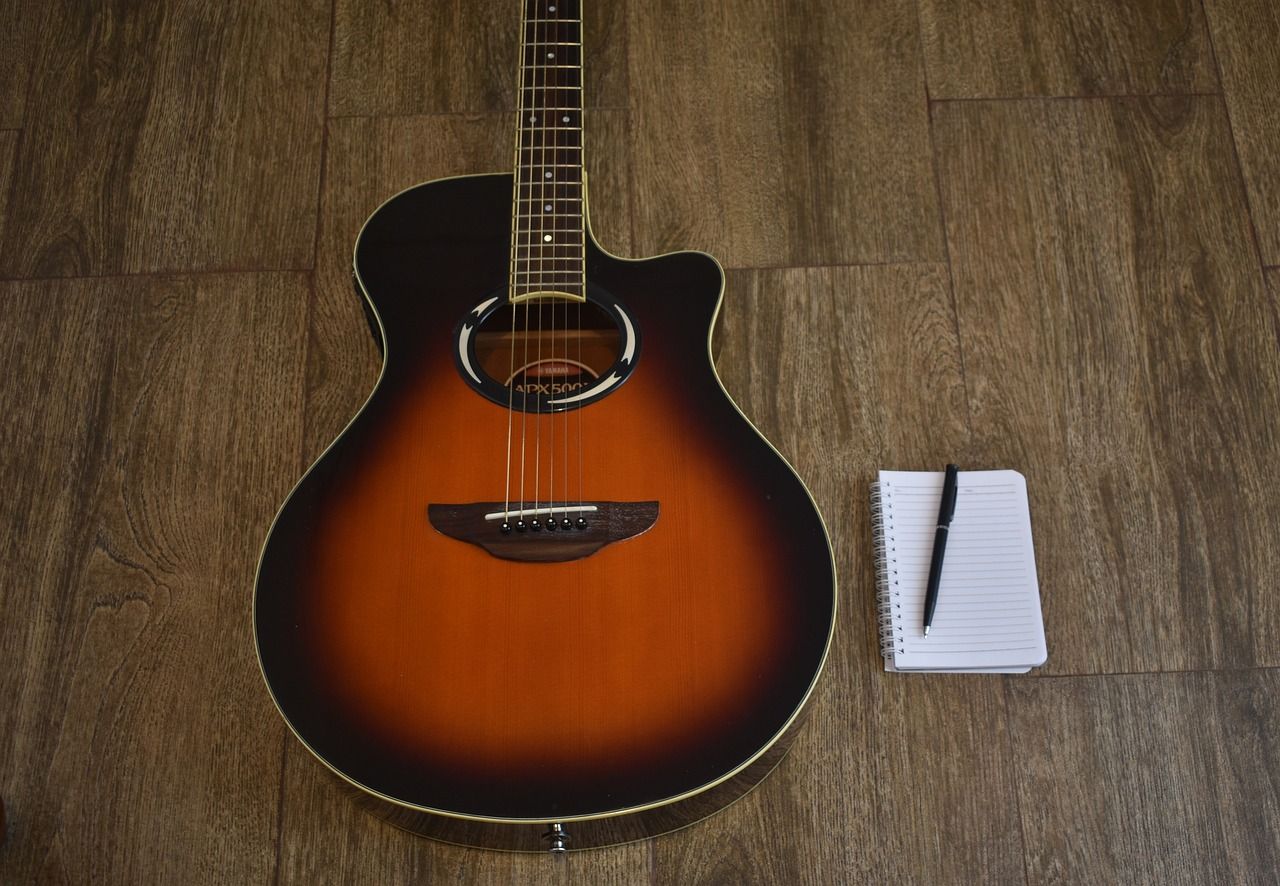
Leave a Reply